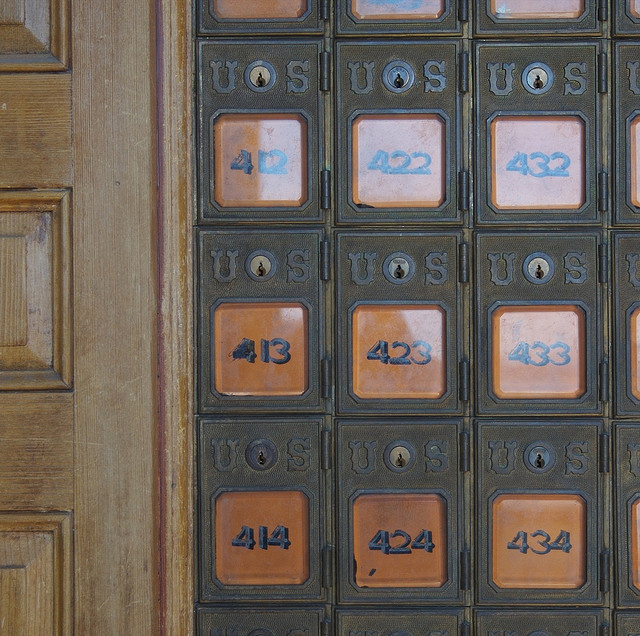How to Find God

During His early Galilean ministry, Jesus began to perform various healings. In Mark chapter 1, one can read of Christ casting out a demon, healing Peter’s mother-in-law of a fever, and restoring a man who was suffering from leprosy. These miracles placed Jesus in high demand, so much that while normal people would go home from work at sunset, this was when he was just getting started:
“At evening, when the sun had set, they brought to Him all who were sick and those who were demon-possessed. And the whole city was gathered together at the door. Then He healed many who were sick with various diseases, and cast out many demons; and He did not allow the demons to speak, because they knew Him” (Mark 1:32-34).
The Savior was compassionate and dedicated to the needs of his people. He worked tirelessly to meet the demands of the hurting who needed the help only he could bring. And here, at the end of a late-night healing session, the text then says something fascinating about what Jesus did next:
“Now in the morning, having risen a long while before daylight, He went out and departed to a solitary place; and there He prayed” (Mark 1:35).
You might notice that Jesus, though involved with the people until late into the evening, still got up early (a long while before daylight) to pray with his heavenly Father. This fact in itself reminds us of the priorities of Christ. He made sure to spend time, even above sleeping, with God. But the second part of the verse is to me even more important. It says that Jesus went out and departed to a solitary place and prayed.
A closer look at the construction of the original Greek language in this passage reveals some very interesting things about what Jesus did in order to go and pray. It says he both “went out” and “departed.” When I first read this it seemed to me to be a bit redundant. But “went out” specifically means that he got away from the assembly – that is, he removed himself from people. And “departed” indicates that he “went off” – that is, he went far away from town. Look a little further and it says he went to a “solitary place,” and that word literally means he went to an area that was completely deserted!
Here’s the point. The only way we can truly draw close to God, is to seek Him where absolutely no one else and nothing else can be found.
How incredible that Jesus, as God’s Son, needed his Father, even though he was sinless and pure and divine! How much more do we need God, who are sin-sick and defiled and human!? But in order to commune with God Jesus had to get away from people, and from the city, and even venture out to a place where absolutely nothing else was.
There is a reason why we often struggle to find God. We look for Him in all of the wrong places. People seek God in relationships, but they will not find God there. People seek God in communities, in areas of human activity and involvement in the physical world, but they will not find God there. People seek God in something they can see or touch or experience in the flesh, but they will not find God there. The only place we can really find God is in that place where nothing else physical even exists.
God is spirit (John 4:24). He can only be found when our spirit leaves the physical realm and seeks him in the deserted place. There’s no coincidence that we often feel closest to God when it seems our life has become nothing but desert. That’s where God is – He’s in the stillness. He’s in the loneliness. He’s in the desperation. He’s in the pain.
It is in the solitary place that we will find Him. In ether plains is born the song that angels know. And only in that place, unheard by mortals are the strains that deeply soothe the Savior’s woe.
“Therefore when Jesus perceived that they were about to come and take Him by force to make Him king, He departed again to the mountain by Himself alone.” – John 6:15
To Receive Every Article from A Legacy of Faith through Email for Free, Click Here
AUTHOR: Jeremiah Tatum


